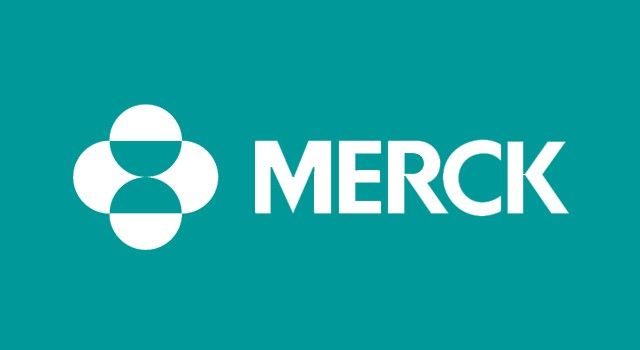Article
Merck Ends 2 HCV Drug Trials Due to "Evolving Marketplace"
Author(s):
The pharmaceutical company follows Johnson & Johnson's pursuit of fields outside of hepatitis C.

Two Hepatitis C (HCV) treatment investigations have been ended by Merck & Co. pharmaceutical company.
Studies for regimens grazoprevir/ruzasvir/uprifosbuvir (MK-3682B) and ruzasvir/uprifosbuvir (MK-3682C) have been halted from further development, as Merck has taken into account an increasing rate of chronic HCV treatment options and an “evolving marketplace.”
Included in Merck’s consideration of the marketplace was their HCV treatment Zepatier (elbasvir/grazoprevir), which they will continue to study for its role in treating chronic HCV, Eliav Barr, senior vice president of global clinical development for infectious diseases and vaccines at Merck Research Laboratories, said in a press release.
Merck announced earlier this year that it would be taking a $2.9 billion pre-tax impairment charge related to the nucleoside prodrug uprifosbuvir, which the company first gained rights to through a $3.9 billion purchase of Idenix Pharmaceuticals 3 years ago.
The decision was influenced by recent changes to the product profile, “as well as changes to its expectations for pricing and the market opportunity."
Merck joins Johnson & Johnson pharmaceuticals company Janssen Sciences as another big player to drop out of HCV research in 2017. Janssen announced intentions to redirect focus from an investigational HCV triple-combination drug last month.
In lieu of further developing AL-335/odalasvir/simeprevir (JNJ-4178) with collaborating company Achillion Pharmaceuticuals, Janssen announced intent to pursue cure options for chronic hepatitis B.
"Our scientists are energized by this challenge and our research ambition is to achieve a functional cure of hepatitis B which affects over a quarter of a billion people globally," Lawrence M. Blatt, PhD, Janssen's Global Therapeutic Area Head of Infectious Disease Therapeutics, said at the time. "At Janssen, we focus our research and development on areas of greatest unmet medical need where we can combine our excellent internal science with the best available external innovation to bring optimized solutions and maximum benefit to patients."
Janssen announced plans to conclude the ongoing phase 2 studies of JNJ-4178 at the time, before canceling any further development. At the time of publication, it is uncertain whether Merck intends to finish or discontinue any studies of their 2 HCV regimens.





